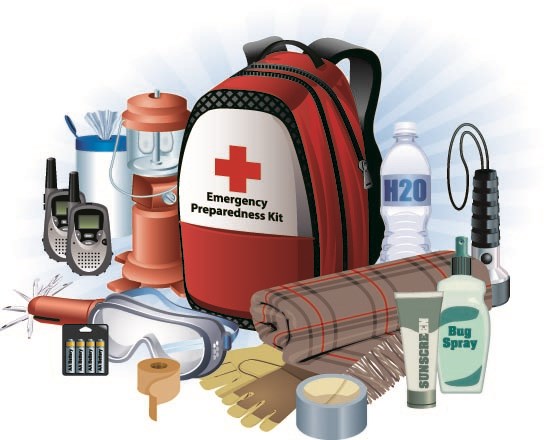Marco Vigliotti
Sarnians are woefully unprepared to deal with fallout from an industrial disaster at one of area’s petrochemical facilities, says a former emergency official.
Allen Wells, who was administrator of Community Awareness and Emergency Response (CAER) from 1989 to 2001, said many residents don’t know what to do despite the risk posed by nearby Chemical Valley plants.
“A lot of work has gone into emergency preparation, but it is better understood by emergency workers than by the general public,” he said. “A week ago, I would have said Sarnia residents are absolutely unprepared.”
Wells pointed to the testing of warning sirens each Monday at 12:30 p.m. as evidence of the knowledge gap, saying he has yet to meet “anyone who knows why the sirens are sounding or what to do as a consequence.”
He urged residents to set aside 30 minutes to read the emergency readiness section of the CAER website (caer.ca), which he claims has “almost all the information that was ever needed."
Sarnians should also subscribe to the new MyCNN system to receive alerts about breaking events via cell phones, land lines, email or text messages.
Wells said the 30th anniversary of the Bhopal gas disaster in India prompted him to speak out. The devastating 1984 gas leak – which killed 4,000 people and is often referred to as the worst ever industrial disaster – is a timely reminder of the need to be prepared for a major chemical release.
Sarnia is no stranger to industrial accidents, including a 1951 explosion at the Polymer Corporation plant, Wells noted.
Four outdoor emergency sirens were installed this fall, bringing to 15 the number of sirens in Sarnia, Point Edward, Aamjiwnaang and St. Clair Township.
But unless residents know what to do when they go off the community is “as well prepared now as it was in 1950, or as Bhopal was 30 ago,” Wells said, which is “not at all.”
